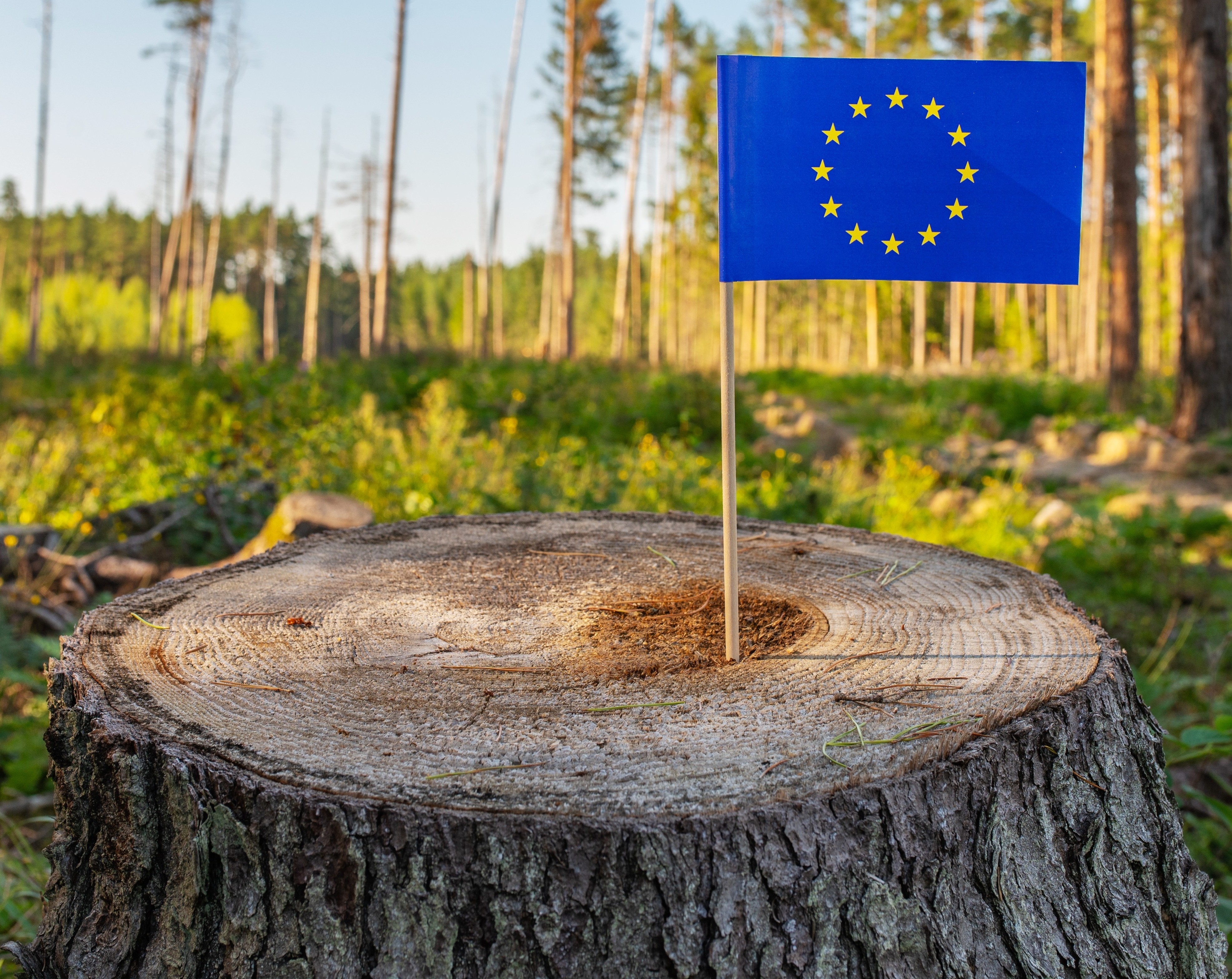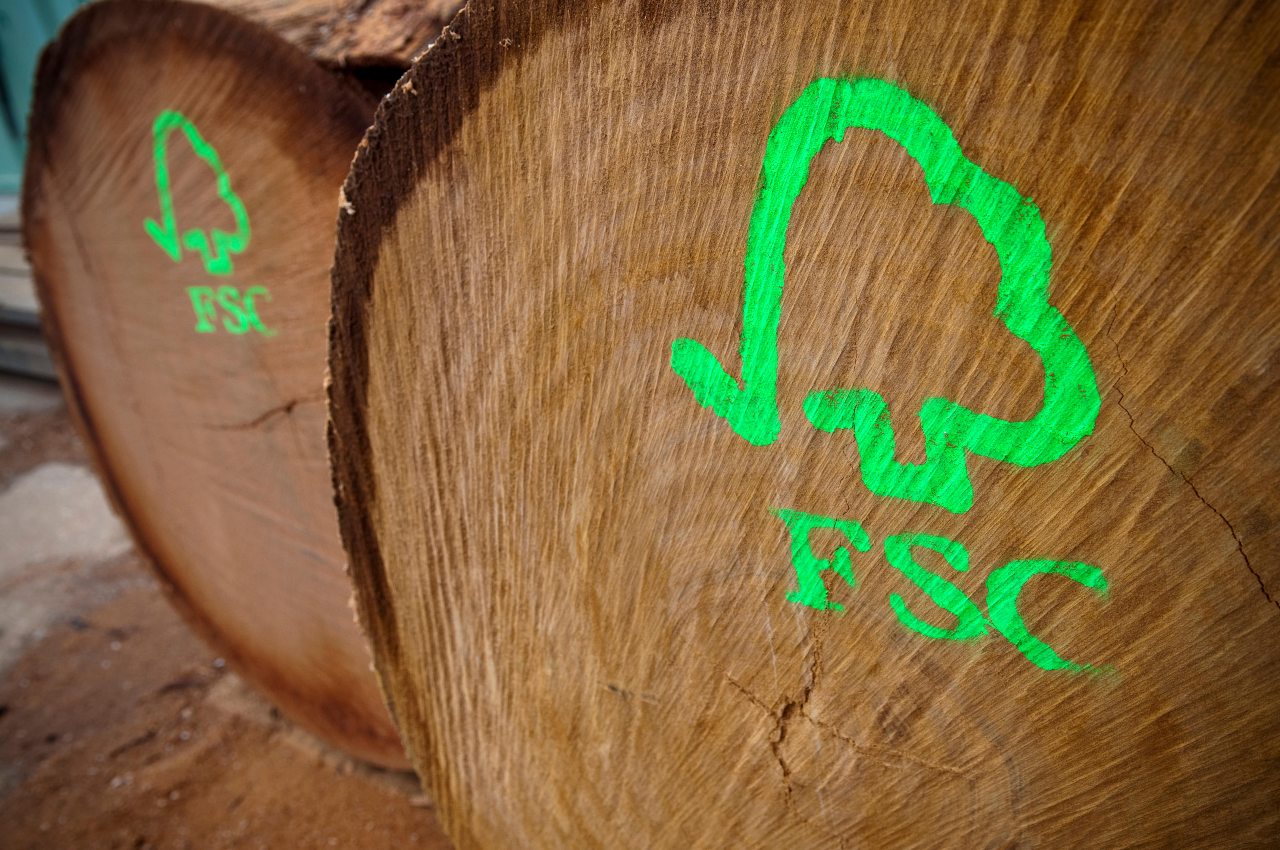A proposed new law in Ucayali would remove safeguards for 3.5 million hectares of protected forest and leave indigenous lands exposed to rampant agribusiness development, UN and civil society warn

The Peruvian Amazon is facing increasing threats from agribusiness development such as palm oil cultivation.
The United Nations has
thrown its weight behind Peru’s indigenous communities and set authorities in
Ucayali an 18 November deadline to respond to a request to repeal legislation
that could see over 100,000 hectares (ha) of Amazon rainforest cleared for
agribusiness and ecotourism.
The UN Committee on the
Elimination of Racial Discrimination (CERD) sent a formal communication to
officials in the Amazon state in August urging them to consider canceling the
ruling which would remove critical safeguards for 3.5 million hectares of
Permanent Production Forest (BPP) in the region.
It is feared that Regional
Ordinance 010-2018-GRU-CR, which was backed by Ucayali’s Agrarian Agency, the
regional Forestry and Wildlife Service and government officials in June, will
displace indigenous communities and give free reign to agribusiness developers
to destroy the surrounding Amazon ecosystem.
The UN letter argues that the new law would cause “irreparable harm” to indigenous communities like the Santa Clara de Uchnya by allowing developers onto previously protected land.
It asks the Regional Government of Ucayali (GOREU) to respond with any
steps taken to “consider cancelling” the ordinance and protections put in place
for indigenous communities in the region.
“The allegations reviewed by the
Committee, if verified, would amount to a breach of the State party duty to
recognize and protect the rights of the Santa Clara de Uchnya indigenous
community to own, develop, control and use the lands and territories they have
occupied traditionally,” Noureddine Amir, the chair of CERD, wrote in
the letter.
Forest People’s Programme has
been vocaI in its support of communities opposing the ordinance and Kené, a
local conservation NGO, has also raised the alarm with authorities.
The group, which campaigns for
indigenous rights in the Peruvian Amazon, said in a July statement that “chaos,
violence and illegality in the area has been irresponsibly promoted by GOREU”,
and argued the planned ordinance breaches Peru’s forestry law and demanded
authorities repeal it.
“[We are] faced with the serious
situation of collusion of acts of corruption, invasions, land trafficking and
violence within the Ucayali BPP, which jeopardize the security of the Ucayali
region, as well as more than 100,000ha of forests,” Kené said.
Ucayali and surrounding Amazon
areas have been exposed to increasing levels of agribusiness-linked
deforestation in recent years and indigenous residents have faced mounting
threats from land grabs and settlers.
Ucayali alone lost 92,000ha of tree cover in the past two years, a sharp rise from the 34,600ha removed a decade earlier, according to Global Forest Watch.
Palm oil cultivation in the state has
jumped from 6,000ha in 2006 to more than 40,000ha being used for the
crop in 2018.
The planned new ordinance is not the first controversy to engulf Ucayali officials.
A major land
trafficking investigation led
to the arrest of two former GOREU executives in December 2018 who are accused
of involvement in helping issue 126 parcels of land illegally to palm oil
developers.
Meanwhile, indigenous communities
in the Peruvian Amazon have frequently stood up against the occupation of local
lands by external interests.
One such case involved the Shipibo
community, who in 2015 filed an RSPO complaint against a palm oil firm owned by
the controversial agribusiness tycoon Dennis Melka. The complaint accused the
firm of clearing 7,000ha of community forest in Ucayali.



